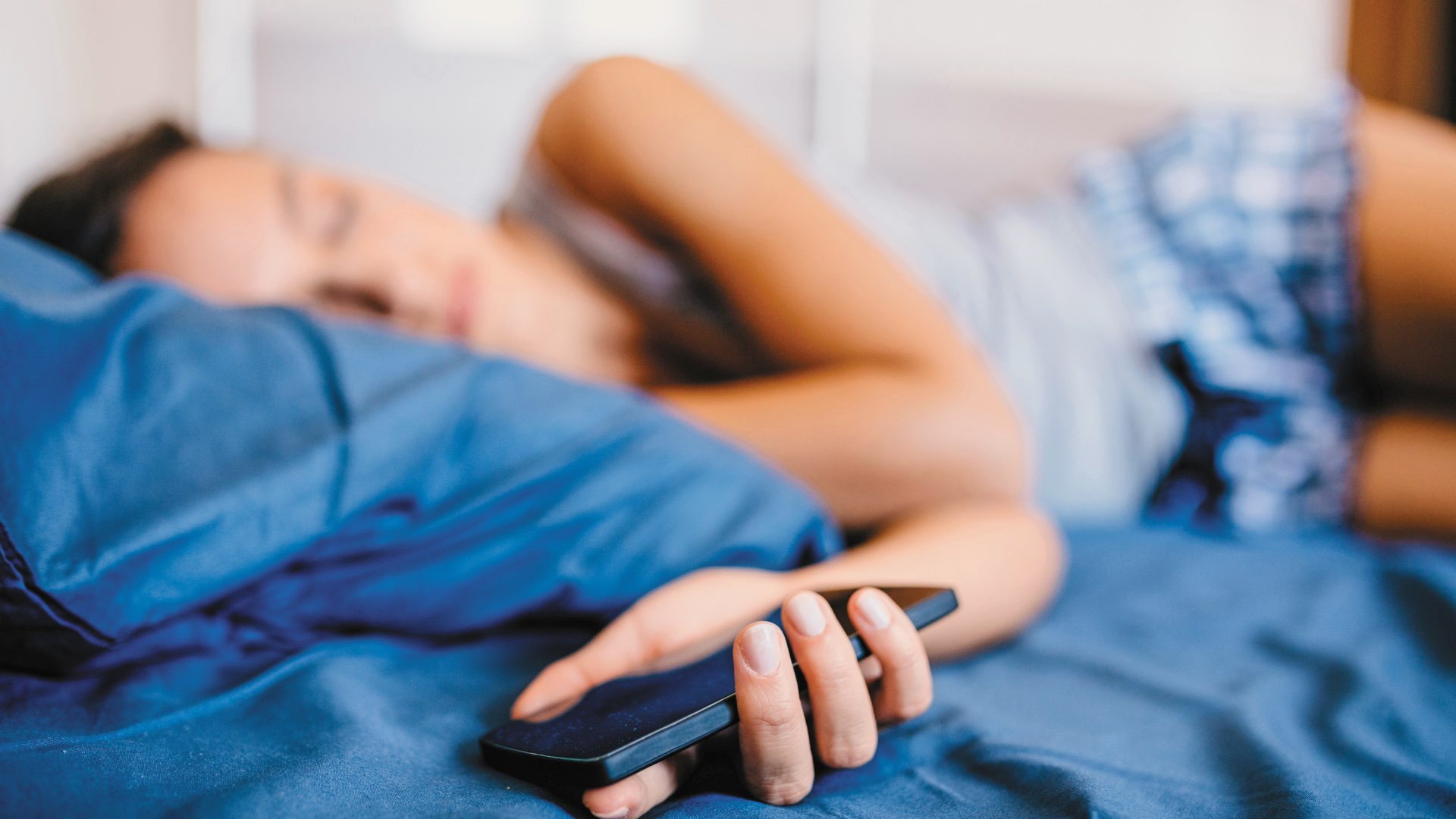Sleepwalking and sleep talking aren’t that out of the ordinary—but sleep texting? Turns out it might not be either. More than 25 percent of college students reported sending or responding to a text message in their sleep, in a survey conducted by Villanova Nursing Professor Elizabeth Dowdell, PhD, RN, FAAN.
Featured in more than 200 media outlets, including Good Morning America, The Guardian and TODAY, the findings gained massive interest after Dr. Dowdell and co-author Brianne Clayton, RN, ’14 FCN, ’18 MSN published their study in the Journal of American College Health.
The idea came about while Dr. Dowdell was working with a group of Villanova undergraduate nursing students on research into internet behaviors in high school students. “That’s when I first heard the term ‘sleep texting,’ and I wanted to know who’s doing it,” she says.
Dr. Dowdell conducted a survey of approximately 372 college students to get some answers. She found 93 percent kept their cell phones in their bedrooms with them at night, and those students who sleep text were more likely to report sleep interruption and to keep their phone in the bed with them. With plans to expand upon this research, Dr. Dowdell hopes to study a larger sample size to investigate just how intrusive sleep texting is to sleep quality.
“I suspect sleep texting is a behavior related to dependence on cell phones and Wi-Fi technology, which is why we really need to have conversations with young people about the need for boundaries,” she says.
“Remind them they control the technology—it does not control them. We role model that behavior. There are times we have to leave our phones on, but there are also times when we can and should turn them off. We have to take an active role in managing our technology.”
25% of college students reported sending and responding to text messages while sleeping

“
We have to take an active role in managing our technology.”
Elizabeth Dowdell, PhD, RN, FAAN
Don’t Lose Sleep Over It
Here are a few tips Dr. Dowdell offers to sleep a little more soundly with fewer phone interruptions:
1. Make your bedroom a “no-phone zone.”
2. Turn off or mute your phone at night—or at least use airplane, sleep or do not disturb mode.
3. Use a separate alarm clock to lessen the need to have your phone near the bed.
4. If you must keep your phone near you, program it so that only select people can call or text if they need to reach you while you sleep.
